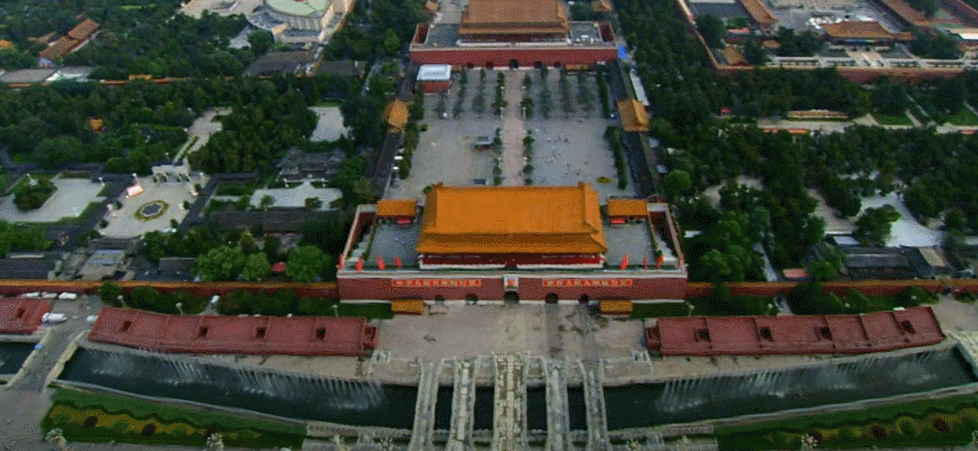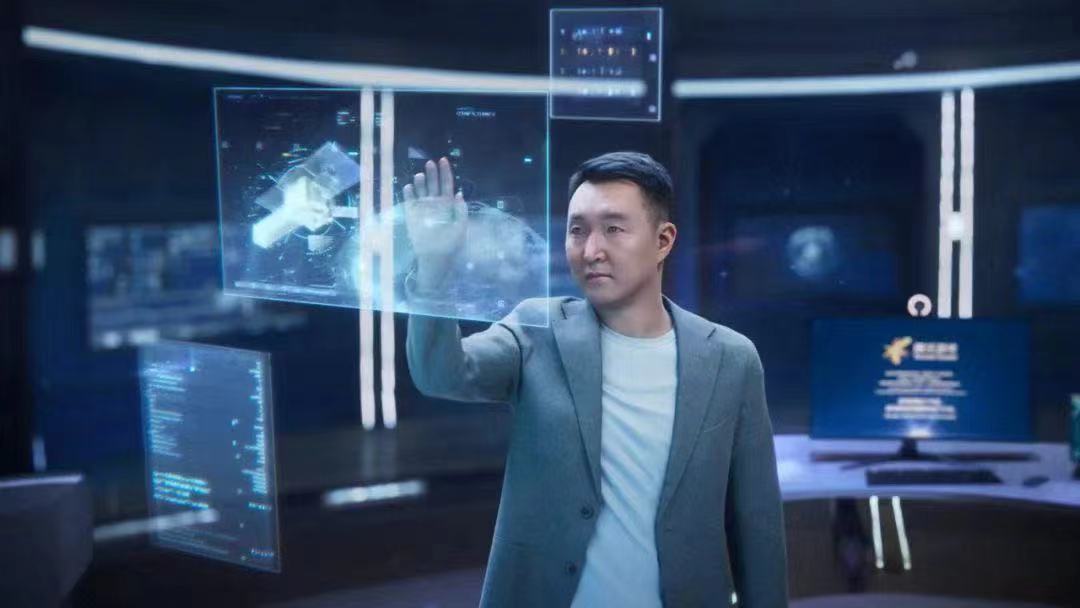
A GIF showcasing the digital Beijing Central Axis created by Tencent Games using game technologies. /Tencent
A GIF showcasing the digital Beijing Central Axis created by Tencent Games using game technologies. /Tencent
Tencent Games, one of the most profitable gaming giants in the world, is exploring expanding the application of game-related technologies to other sectors.
At its yearly Tencent Games Annual Conference, SPARK 2022, which was held virtually on Tuesday evening, the company emphasized the "non-gaming" projects it's working on, including those in the industrial and cultural sectors.
At the virtual event, Tencent Senior Vice President Steven Ma highlighted the "growing importance and benefits of crossover technologies that originated during game development," such as cloud gaming, artificial intelligence (AI), virtual reality (VR) and augmented reality (AR).
"The gaming industry is not one that develops in isolation. Since its inception, the industry has always been mutually driven and symbiotically developed with cutting-edge technologies and have accumulated a series of unique technical capabilities," said Ma, or more accurately, his digital double, which Tencent said was built using homegrown next-generation technology.

The digital double of Tencent Senior Vice President Steven Ma during the virtual Tencent Games Annual Conference, SPARK 2022, June 27, 2022. /Tencent
The digital double of Tencent Senior Vice President Steven Ma during the virtual Tencent Games Annual Conference, SPARK 2022, June 27, 2022. /Tencent
The company showcased some projects to make the point that other than the gaming industry itself, game technologies can "empower" other areas of economic development and social life.
For example, Tencent Games and Tencent Cloud, the cloud computing division of the tech giant, have cooperated with a steel company, BaoSteel Co., Ltd., to create a digital twin of a hot rolling mill for BaoSteel, which will be a holographic, glasses-free 3D full-fidelity digital factory.
The main goal of a digital factory, a network of digital models that replicates aspects of a physical factory, is to help improve manufacturing efficiency through comprehensive planning and evaluation.
To build such a digital factory, game technologies, such as cloud rendering, motion capture, reality-virtuality interaction, VR and AR will be applied, according to the company, although other technology support from Tencent Cloud is also required.
Tencent Games has made more attempts in the cultural sector, including creating an interactive WeChat mini program that allows the users to have a virtual tour of a section of the Great Wall of China in unprecedented detail and learn about its protection and restoration on their phones.
Another similar product built by the company is the digital Beijing Central Axis, a digital exhibition system of the best-preserved core area of the historic city of Beijing.
Such products are created using game technologies, including programmed content generation technology (PCG), physics-based rendering technology (PBR), cloud gaming and virtual avatars, according to the company.

